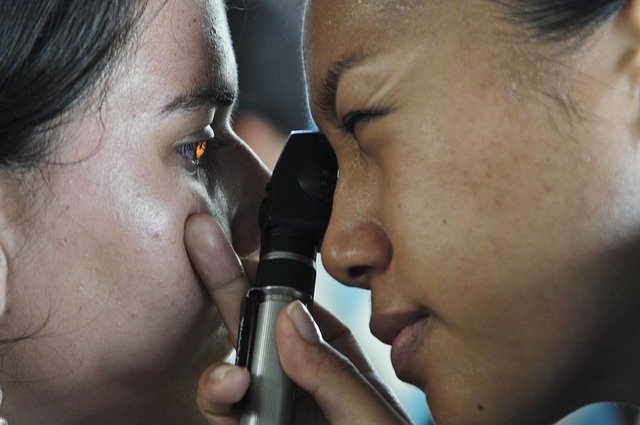Understanding Schizophrenia Treatment Options
Schizophrenia is a mental health condition that can include symptoms such as hallucinations, delusions, disorganized thinking, and withdrawal from social life. Recognizing early signs supports timely diagnosis and treatment, improving long-term management.

What Are the Primary Signs of Schizophrenia?
Recognizing schizophrenia signs is crucial for early intervention and effective treatment. These signs typically include hallucinations, delusions, disorganized speech, and significant changes in behavior. Patients may experience auditory hallucinations, believing they hear voices that others cannot, or develop paranoid delusions that impact their perception of reality. Cognitive difficulties, social withdrawal, and reduced emotional expression are also common schizophrenia signs that healthcare professionals carefully evaluate.
Comprehensive Treatment Approaches
Treatment for schizophrenia is typically multi-dimensional, focusing on managing symptoms and improving overall quality of life. Antipsychotic medications form the cornerstone of medical intervention, helping to reduce the severity of psychotic symptoms. These medications work by regulating brain chemicals that contribute to schizophrenia’s complex neurological mechanisms. Additionally, healthcare providers often recommend a combination of pharmacological treatments and psychosocial interventions.
Medication Management Strategies
Antipsychotic medications come in two primary categories: first-generation (typical) and second-generation (atypical) medications. Second-generation medications often have fewer side effects and can be more effective for some patients. The specific medication regimen is carefully tailored to individual patient needs, considering factors like symptom severity, potential side effects, and overall health status. Regular medical supervision is essential to monitor medication effectiveness and adjust treatments as needed.
Psychological and Social Support
Beyond medication, comprehensive treatment includes various psychological interventions. Cognitive behavioral therapy (CBT) helps patients develop coping strategies and challenge distorted thought patterns. Family therapy and support groups provide crucial social support, helping patients and their loved ones understand and manage the condition. Rehabilitation programs focus on improving social skills, vocational training, and independent living capabilities.
Treatment Provider Comparison
| Provider | Treatment Approach | Key Services |
|---|---|---|
| Community Mental Health Centers | Comprehensive care | Medication management, therapy, support groups |
| Specialized Psychiatric Clinics | Individualized treatment | Advanced diagnostic services, specialized medications |
| University-Affiliated Programs | Research-based approach | Cutting-edge treatments, clinical trials |
Prices, rates, or cost estimates mentioned in this article are based on the latest available information but may change over time. Independent research is advised before making financial decisions.
Long-Term Management and Recovery
Recovery from schizophrenia is a continuous process that requires ongoing support and commitment. While the condition is chronic, many individuals can manage symptoms effectively with consistent treatment and support. Lifestyle factors such as stress management, maintaining a healthy diet, regular exercise, and avoiding substance abuse play crucial roles in long-term management.
This article is for informational purposes only and should not be considered medical advice. Please consult a qualified healthcare professional for personalized guidance and treatment.




